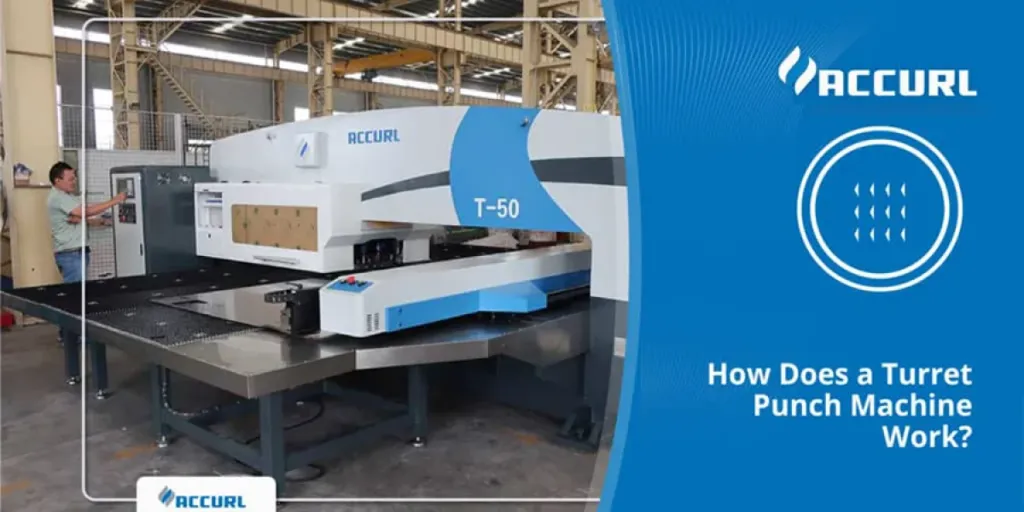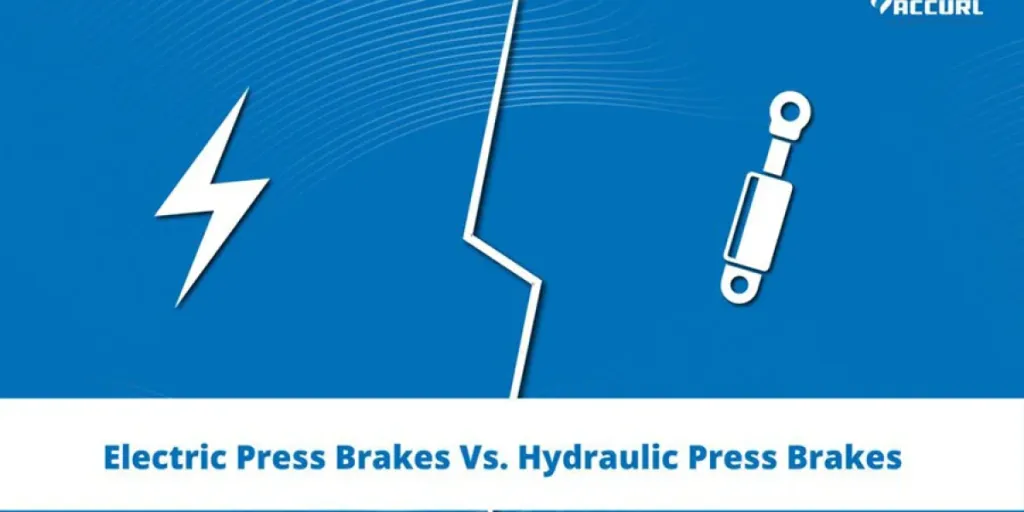Farm fertilizer spreaders are easy to use and do the job faster than traditional methods. The benefits gained from using farm fertilizer spreaders over the years have led to an increase in demand for machines from different regions. Farm fertilizer spreaders are available in three different types, a push spreader, a pull spreader, and a handheld spreader. Also, there are many manufacturers of farm fertilizer spreaders in the market. To ensure you get the right farm fertilizer spreader, it is important to consider a few factors.
This article will explain in detail the three types of farm fertilizer spreaders and provide a guide to selecting the right machines. Also, an overview of the farm fertilizer spreaders market will be provided.
Table of Contents
Overview of the farm fertilizer spreaders market
Types of farm fertilizer spreaders
A guide to selecting the right farm fertilizer spreaders
Summary
Overview of the farm fertilizer spreaders market

On a general basis, the fertilizer spreader market is segmented by types, applications, and regions. Globally, there has been rapid growth in technological advancements and mechanization of most production processes. The international fertilizer spreaders market has expanded due to the rise in demand for efficient agricultural machinery.
In 2021, the global fertilizer spreaders market was valued at USD 691.3 million according to Fortune Business Insights. The market was further anticipated to grow from USD 724.8 million in 2022 and reach USD 1,040.2 million by 2029. This surge during the forecast period will be based on a compound annual growth rate (CAGR) of 5.3%. The growth is ascribed to the increased adoption of more accurate fertilizer applications with the intention to improve crop production.
Based on the type, the broadcast spreader segment is projected to register a CAGR of 4.3%, which will be the highest during the forecast period. This is because the broadcast fertilizer spreader is easy to use and is more accurate. By application, the farm segment is expected to experience robust growth due to the increased use of farm equipment in place of human labor. Regionally, Asia Pacific will lead the world market because of the booming economies of India, China, and Japan. Specifically, China accounts for 18% of global cereal grains, hence the increased demand for agricultural equipment.
Types of farm fertilizer spreaders
1. Fertilizer spreader

Fertilizer spreaders are commonly identified by their simplicity and low capacity of work. This equipment has the most basic mechanism as the working width is not greater than the transport. Buyers will need to distribute fertilizers evenly while working to improve the available mechanisms by adjusting components like widths and grids.
2. Centrifugal spreaders

Centrifugal spreaders offer simplicity and are commonly used due to their low cost. They easily achieve a homogeneous fertilizer distribution when working with granulates. These spreaders have a trapdoor where fertilizer falls through. The rotating tubes or discs are responsible for the fertilizer distribution across the machine’s full width. They are more efficient when using double discs.
3. Pneumatic fertilizer spreaders

Pneumatic fertilizer spreader machines are the most advanced. They can reduce the fertilizer doses without changing the level of homogeneity. This equipment has working widths of up to 24 meters. When in operation, the diffuser spreads the micro granules uniformly in the intended direction. As such, these spreaders are the most efficient on large farms even though they are quite expensive.
A guide to selecting the right farm fertilizer spreaders
1. Cost
The cost of a fertilizer spreader includes the upfront costs, maintenance costs, and details of a warranty. Generally, the capabilities of fertilizer spreaders like the high-capacity twin-disc feature push the cost up to approximately USD 36,000. Reliable and portable handheld fertilizer spreaders could cost as low as USD 99. Buyers should stick to the budget as they purchase fertilizer spreaders that are suited to their farm needs. Also, a good warranty gives the guarantee that the equipment is made of sturdy materials and will have a prolonged service life. During this time, the manufacturer is willing to handle any possible machinery issues, reducing the buyers’ operational costs.
2. Convenience
Convenience is realized in fertilizer spreaders when spreading precision is achieved under all farming conditions. Whether chest-mounted or wheeled, the fertilizer spreaders should equally handle even, uneven, and rough terrain. In small-scale farming, buyers should opt for backpack fertilizer spreaders in which they can choose where and how they will spread the fertilizer. In this case, they will have total control over the spreading. Also, to achieve higher precision, drop spreaders could be used as they release fertilizer accurately. With this option, farmers can easily move around obstacles to spread the fertilizer in the odd-shaped regions of the farm.
3. Spread pattern
The kind of fertilizer being spread and the size of the field being worked on determine the fertilizer pattern to be employed. For narrow fields, buyers will need spreaders that can make a few passes of closely-spaced narrow patterns to achieve a uniform spread. On the other hand, if buyers have large fields, they will opt for wider spread patterns to finish the task in fewer passes. This saves time, and the manpower can handle other jobs around the farm. With the right fertilizer spreader, buyers can precisely achieve evenness in spread patterns, which in turn maximizes the yields.
4. Capacity
When it comes to capacity, the question buyers need to ask themselves is, how large are the fields or farms they intend to spread fertilizer to? This is important as it makes a great difference in saving time and reducing costs. Based on buyers’ needs, they should be able to select a suitable fertilizer spreader in terms of size. There are dozens of fertilizer spreader models that offer different capacities suited for different farm sizes. For instance, the pneumatic spreaders averagely have a hopper capacity of 1 to 6 tonnes with a spreading width of 12-36 m. They have an application rate ranging from 5 kg/ha to 2500 kg/ha. With this, buyers can save a considerable amount of time in large commercial field operations. Also, there are smaller fertilizer spreaders for small-scale farm operations. They equally deliver significant output while maximizing efficiency when spreading fertilizer.
5. Spreading efficiency
Efficiency in spreading fertilizer can be achieved if the selected spreader delivers pinpoint accuracy. If buyers have large farms, they should opt for truck-mounted fertilizer spreaders. In this case, they will be able to control where and how the fertilizer is spread. The available range of controls helps the operators reduce overlap and minimize wastage. Some fertilizer spreaders have the capability to spread multiple types of fertilizers at the same time while achieving the same precise and uniform spread. The fertilizers are spread independently or simultaneously through the main outlet. This helps buyers considerably reduce their workload without renouncing efficiency and potential yields.
Summary
For buyers, knowing the kind of questions they need to ask themselves when acquiring new fertilizer spreaders is most important. In addition, they should evaluate the benefits and possible downsides of the available machinery. This enables them to find the fertilizer spreader that fits their farm operations best. Some of the factors have been highlighted in the above guide to help buyers make informed investments. Also, to find good quality fertilizer-spreading equipment, visit Chovm.com.





 Afrikaans
Afrikaans አማርኛ
አማርኛ العربية
العربية বাংলা
বাংলা Nederlands
Nederlands English
English Français
Français Deutsch
Deutsch हिन्दी
हिन्दी Bahasa Indonesia
Bahasa Indonesia Italiano
Italiano 日本語
日本語 한국어
한국어 Bahasa Melayu
Bahasa Melayu മലയാളം
മലയാളം پښتو
پښتو فارسی
فارسی Polski
Polski Português
Português Русский
Русский Español
Español Kiswahili
Kiswahili ไทย
ไทย Türkçe
Türkçe اردو
اردو Tiếng Việt
Tiếng Việt isiXhosa
isiXhosa Zulu
Zulu